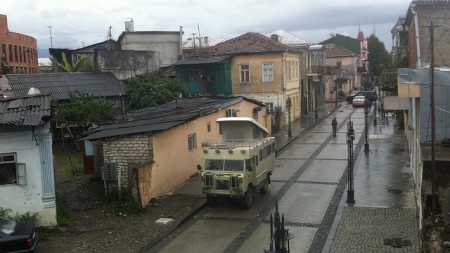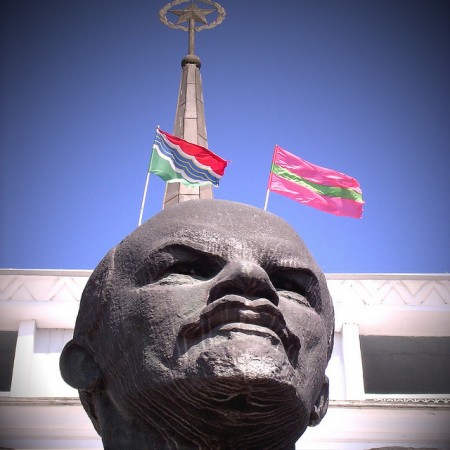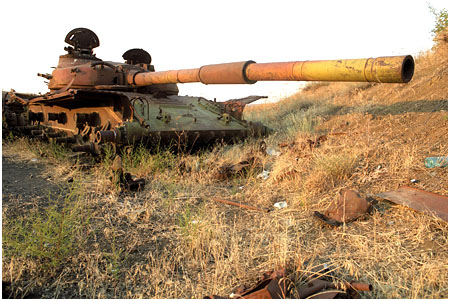
The Foundation for the Defense of Democracy released an unprecedented survey yesterday of the Saudi social media sphere—a vast space on Twitter, Facebook, and a host of blogs, message boards, and mobile applications. Their findings offer a striking picture of a country that is, in the lead author Jonathan Schanzer’s words, usually “very much a black box” to the outside world. The portrait that emerges is that of a vastly conservative and controlled country, but one where new voices—ranging from women to liberals to religious extremists—are beginning to find a voice online.
The study, “Facebook Fatwa,” was originally commissioned to coincide with the 10-year anniversary of the 9-11 attacks, an event that inspired a radical shift in Saudi Arabia’s official response to extremist rhetoric, including online. The authors were interested in how plentiful and widespread such inciting language is in Saudi social media today, following a decade of state attempts to curtail it with harsh laws governing freedom of expression and extensive programs to reform would-be jihadists.




